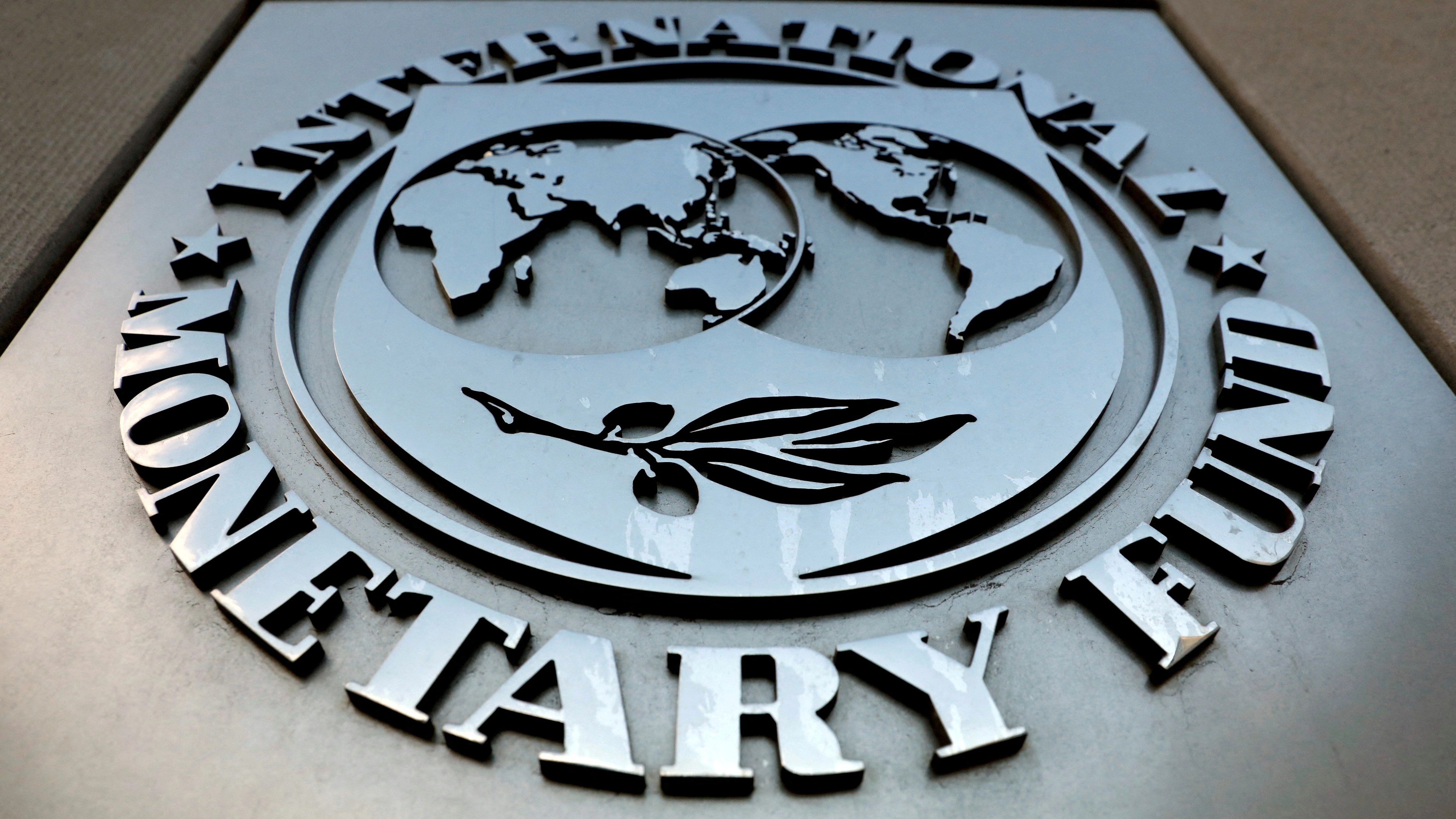Home
+
Persistent inflationary pressures, elevated volatility of global financial conditions, and slowdown in major advanced trading partners continue to weigh on growth

Published : 07 May 2023, 09:19 AM
Bangladesh remains one of the fastest-growing economies in the Asia-Pacific region, but challenges remain for the country, according to the International Monetary Fund.
Persistent inflationary pressures, elevated volatility of global financial conditions, and a slowdown in major advanced trading partners continue to weigh on growth, foreign currency reserves, and its currency taka, IMF’s Mission Chief Rahul Anand said in a statement on Sunday.
The Washington-based lender shared the assessment at the end of the visit to Dhaka that began on Apr 25. Anand led the team.
The team met with top officials of the finance ministry, Bangladesh Bank and the energy ministry to discuss recent macroeconomic developments and implementation of the Fund-supported program.
“During the visit, we discussed recent macroeconomic and financial sector developments. We also took stock of the progress made toward meeting key commitments under the Fund-supported program,” Anand said.
This will be formally assessed in the first review of the $4.7 billion loan it approved in January for Bangladesh its Extended Credit Facility and Resilience and Sustainability Facility arrangements.
The review is expected to be undertaken later this year.
The IMF said its team held meetings with Bangladesh Bank Governor Abdur Rouf Talukder, Finance Secretary Fatima Yasmin, and other senior government and Bangladesh Bank officials, representatives from the private sector, bilateral donors, and development partners.
“We would like to thank the authorities for candid discussions and their warm hospitality. We look forward to continuing our engagement in support of Bangladesh and its people.”
ELECTION IS ANOTHER CHALLENGE: BB
The Bangladesh Bank thinks the next general election will exacerbate the challenges, such as recovery from the effects of the pandemic, inflationary pressure and the Russia-Ukraine war, facing the economy.
Speaking at a press conference on Sunday, its spokesman Mezbaul Haque said economic activities slow down during elections because everyone becomes busy with the polls.
“It’s true that we have challenges in these areas. We believe we have enough time to address these issues.”
The central bank also believes a failure in the timely implementation of the IMF’s loan programme, including enough reserves to pay import bills of at least three months, will not be an obstacle to achieving the second instalment of the credit.
Before the government restricted imports to shore up depleting foreign currency reserves, the country was paying $8 billion per month for imports, which means it needs $24 billion for three months of imports.
If the dollar reserves are counted following the IMF-suggested method, they may fall below the $24 billion mark in June.
Mezbaul said Bangladesh achieved expected goals in all indicators except for reserves under the IMF programme.
After paying $1.1 billion of import bills to the Asian Clearing Union on Sunday, Bangladesh’s reserves stood at $29.8 billion.
Mezbaul said the country does not have any other big payment to make before June and instalments from the loans approved by the World Bank and the Japan International Cooperation Agency are expected next month.
The central bank spokesman hopes these factors will somewhat boost the reserves.
“It’s not right that we won’t get the next instalment of the IMF loan if all conditions are not met. We’re still on the right track and we’ll be able to achieve all the targets set in the programme at the stipulated time or later.”
He said the IMF officials were satisfied with the progress Bangladesh has made.
“They’ve made some observations. We have time to work on these and we will do that.”
Mezbaul said the Bangladesh Bank was also looking into challenges created by geo-politics. “To tackle these issues, we’re making policies for imports and the macroeconomy.”